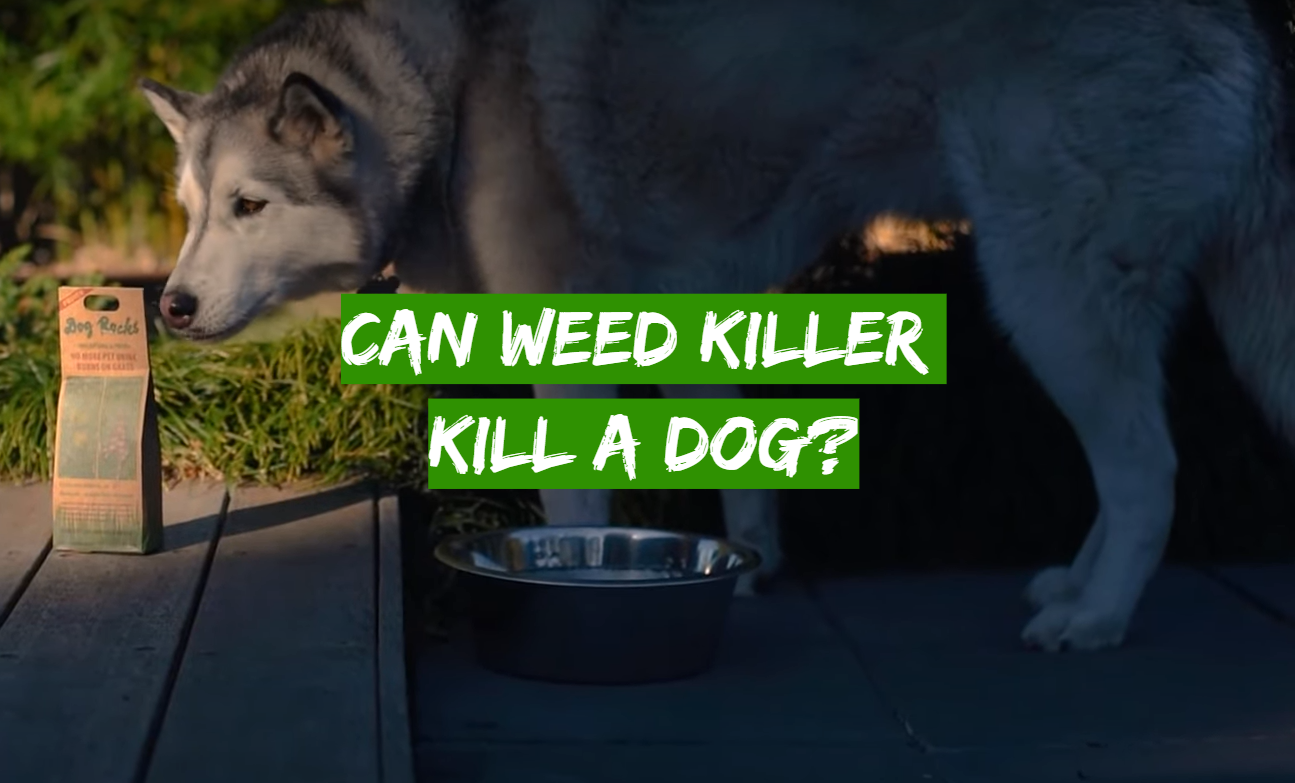Can Weed Killer Kill Cats? Understanding the Dangers and How to Keep Your Cat Safe
Weed killers also known as herbicides, are commonly used in gardens and lawns to control weeds. However these chemicals can be extremely dangerous to cats if they become exposed. Cats are at risk of weed killer poisoning through ingestion, inhalation or skin contact. Sadly, exposure to certain herbicides can even be fatal for cats. This article will explain the potential dangers of weed killers for cats and how to keep your feline friend safe.
How Cats Get Exposed to Weed Killers
There are several ways cats can inadvertently come into contact with herbicide residues:
-
Walking through a recently treated lawn or garden area. Chemicals can adhere to their paws and fur.
-
Brushing against wet, treated plants and foliage. Residue on the coat can then be ingested during self-grooming.
-
Chewing on or licking treated plants, or eating prey that has consumed herbicide residue.
-
Ingesting spilled solution or drips from treated plants and weeds.
-
Inhaling spray mist or vapors during application.
Even very small amounts of herbicide residue ingested during grooming or absorbed through the skin can cause poisoning in cats.
Glyphosate – A Common Yet Dangerous Weed Killer for Cats
Glyphosate is one of the most widely used weed killing chemicals. Sold under brand names like Roundup, glyphosate is found in many common garden herbicide products.
Unfortunately, research shows that glyphosate is particularly toxic for cats. Exposure can cause severe vomiting, diarrhea, painful ulcers in the mouth, breathing difficulties and even death.
Cats were especially prone to severe breathing problems when exposed to glyphosate, including cases that led to death. Cats faced a higher risk of dying from glyphosate poisoning, with 22% of cases being fatal compared to 5% in dogs.
Other Hazardous Herbicide Ingredients
In addition to glyphosate, other common herbicide ingredients toxic to cats include:
-
2,4-D and dicamba – Can cause vomiting, ulcers, kidney/liver damage
-
Paraquat – Damages lungs, often fatal
-
Copper sulfate – Causes liver failure, kidney damage, death
-
Ferrous sulfate – Causes iron poisoning, liver damage
Any product containing these chemicals should be kept away from cats. Always check the active ingredients list before use around your home or garden.
What to Do if Your Cat is Exposed to Weed Killer
If you suspect your cat has gotten into weed killer chemicals:
-
Contact your vet immediately. Timing is critical!
-
If product is on fur or skin, wash it off with soap and water right away. Wear gloves to avoid contact.
-
Note the product name and active ingredients to inform veterinary treatment.
-
If ingestion is suspected, the vet may induce vomiting or give medication to absorb toxins.
-
Supportive veterinary care, like IV fluids and anti-nausea medication, will be provided.
Some exposures can require weeks of intensive treatment and monitoring to overcome. Sadly, severe poisoning or delayed treatment can still result in death for exposed cats.
Keep Cats Safe by Avoiding Herbicide Use
The safest approach is to avoid using weed killing chemicals in areas accessible to your cat. With some planning, you can get rid of weeds through cat-friendly methods:
-
Manually uproot weeds or use a hoe to kill them.
-
Smother weeds by mulching beds with compost or bark chips.
-
Pour boiling water or vinegar over unwanted weeds.
-
Maintain a healthy lawn through proper mowing, watering and fertilizing to crowd out weeds.
-
Plant native grasses and flowers suited to your climate that require less weed control.
If you must use an herbicide product, follow all label directions carefully. Opt for pet-safe organic formulations derived from vinegar, citric acid or essential oils when possible. Only apply on dry, calm days to avoid spray drift. Water in the product thoroughly after application. Most importantly, restrict your cat’s access to treated areas until products are dried/absorbed into plants to prevent exposure.
Protect Your Cat’s Health
Weed killers and herbicides can be extremely toxic, even deadly, to curious cats. By understanding the risks and taking steps to avoid exposing your cat to these garden chemicals, you can help keep your feline companion safe and healthy for many years to come. Always contact your veterinarian immediately if you suspect your cat has gotten into weed killing products so they can provide prompt, lifesaving treatment. With some basic precautions, you can eliminate weeds in your yard without endangering your beloved cat.
How to Protect a Cat From Weed Killers
FAQ
How long after spraying weed killer is it safe for cats?
What to do if your cat eats weed killer?
Will Roundup kill a cat?
Are weed killers harmful to pets?
- A Complete Guide to Caring for Yuki Cherry Blossom Shrub - January 23, 2025
- Identifying Red Hot Poker Seeds: What to Look For When Harvesting Torch Lily Pods - January 23, 2025
- A Complete Guide to Harvesting Evening Primrose Seeds - January 23, 2025

